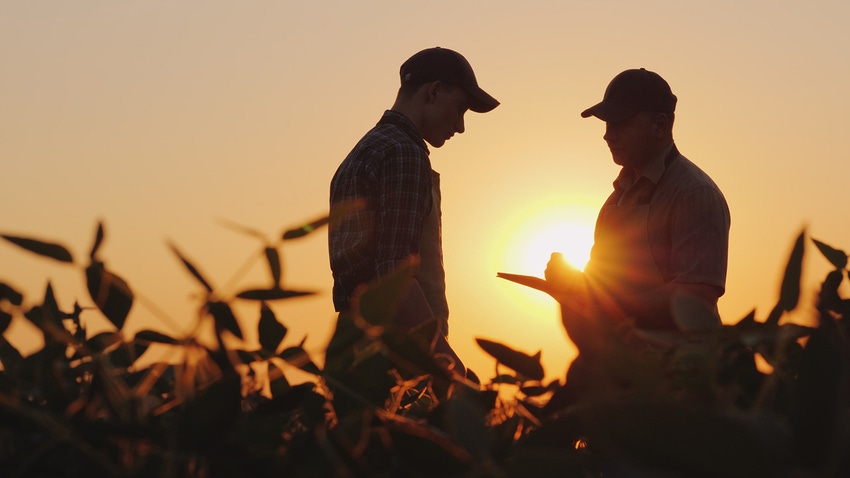Each and every agribusiness professional needs to know beforehand, who to call if he or she thinks someone may be suicidal, Matthews says.

For the last three summers my daughter has volunteered to help with Safety Town, our early childhood safety education program that teaches 4- to 6-year-olds safety involvement through role-playing and actual life situations. One of my daughter’s main duties is to get the kids in her group to memorize their parents’ phone number and home address, in case they ever have an emergency or must call 911.
I thought of that simple childhood exercise this week at the 21st annual Agricultural Media Summit after hearing Ted Matthews, director of Minnesota Rural Mental Health, encourage ag communication professionals to not only listen to farmers and producers, but to know who to call when visiting with someone with a possible mental health emergency.
“Listening again is really important, but also understand that you’re not supposed to know, you’re not supposed to be a fixer. You’re supposed to be able to give them a direction,” Matthews says. “If you have social workers in the area, they know what they’re doing, and they will be helpful. Mental health clinics will be helpful, and clergy can be helpful, but know beforehand who to call. The problem is somebody calls you in an emergency. You don’t know what to do and when you don’t know what to do, you panic. Every one of you should have an idea of who you can call.”
The mental health practitioner with more than 30 years of experience in counseling in rural areas acknowledges when people call him, he’s usually the end of the line and it’s because somebody said, “call Ted.”
“Rarely does somebody call me and say, ‘I decided to call you,’” Matthews says. “Somebody else said you should call Ted and they do.”
“Call Ted” is something that has stuck in my mind ever since my colleague Holly Spangler wrote about the rural mental health crisis expert last year in the Prairie Farmer. But I have fallen short in remembering our South Dakota Helpline Center number or the local authorities I should put a producer in touch with if I were to find myself in that situation.
I’m also guilty of falling short in the listening department. Now don’t get me wrong, I have my ears wide open for my job and love listening to producers’ stories and expert analysis on pork industry topics. However, if you ask my family, I’m often the first one spouting off advice before they’ve had a chance to finish their stories.
“People need to learn that listening skills are scary important,” Matthews says. “Somewhere along the line, people started to think that if you have an answer, you should interrupt somebody and tell them what you think they should do. Is there anybody in this room that when you’re talking about what you’re feeling, you want somebody to fix you? We want to be heard. We don’t want to be fixed and when I’m stressed, I want somebody to listen to me. I don’t want something fixed.”
Why is the suicide rate among farmers so high? Matthews says isolation is a big part of it.
“Who do they talk to? When we don’t know what to do, what do you think we do?” Matthew says. “If we don’t know what to do, we do nothing.
Each and every agribusiness professional needs to know beforehand, who to call if he or she thinks someone may be suicidal, Matthews say. The main reason people don’t do it is because they think what if I’m wrong and what if they’re not suicidal?
“What if they’re in The Bahamas for the week and then I call it in and worry about that and they were out having fun? But what if you’re right?” Matthew says. “The weight of the two sides doesn’t even come close to being even. Know who to call.”
Finally, Matthews suggests all agribusiness professionals recognize that we should be talking about mental health, not mental illness, in rural America.
“When people hear mental health, they think mental illness. Start thinking mental health and start thinking every one of us could be healthier. Every one of us could feel better than we do, right now,” Matthews says. “If you focus on mental health and getting healthier, it’s not so scary. If you think you have to be mentally ill, then you think, ‘I’m not crazy yet. I’m not going to call anybody or talk to anybody until I get to that point.’ Don’t look at it that way. Look at it like I should be healthier than I am because that makes me feel better.”
About the Author(s)
You May Also Like





